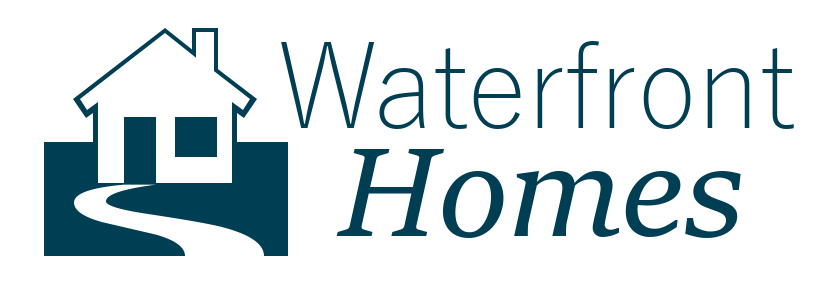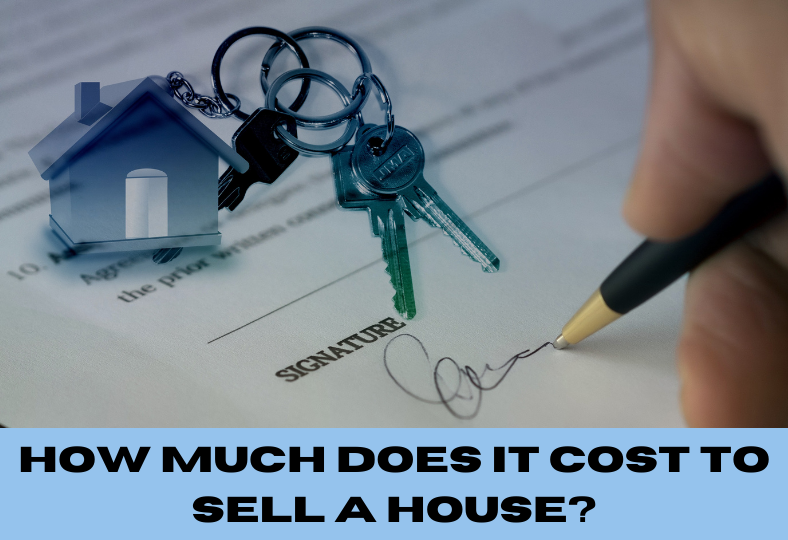The question of how much it costs to sell a house often comes up for sellers and potential buyers alike. This is one of the most fundamental questions that every buyer and seller should ask themselves. Knowing the cost of selling a home will not only help you determine if the asking price is reasonable, but it will also give you a better idea of how much you should really be asking for the property. Understanding how real estate commission works and understanding closing costs could help you determine whether or not selling your house will be profitable.
Real Estate Commissions
Selling a home costs about 10% of the home selling price. A real estate agent gets paid a commission for every house they sell. This commission varies from one real estate agent to the next, but typically the commission is in the neighborhood of five to six percent of the selling price. This six to seven percent figure is just one component of the many fees that must be paid by the buyer who wishes to sell. These fees include a real estate agent’s commission, closing costs, buyer’s association fee, listing and title fees, a discount real estate broker‘s commission, property assessment fee, and the real estate commission.
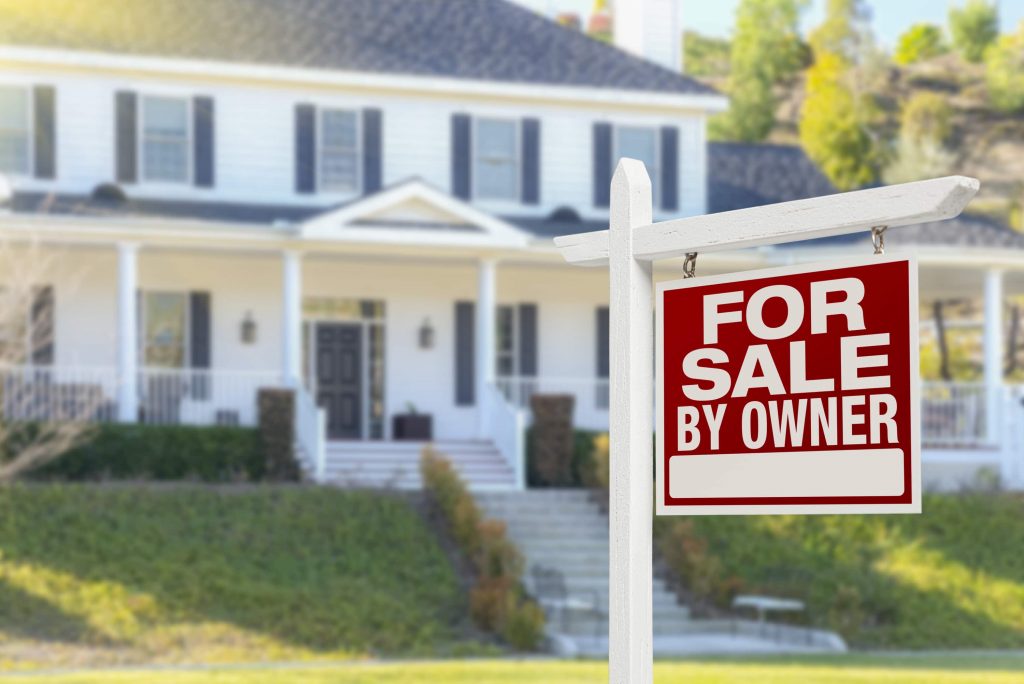
Why Are Real Estate Commissions So High?
One reason is that real estate commissions are based on the average sale price of comparable homes in the area. Another reason is that real estate commissions are paid once, whereas mortgages and buyers’ loans often need to be paid back several times over the course of a home’s lifetime. Many buyers do not understand what is involved in the process of paying back their mortgage or buying their first house. In addition, real estate commissions can be subject to change, since they are negotiated at the time of the sale rather than at the time of the contract.
Does the Location of the Home Impact Selling Costs?
The location of your home will greatly impact how much it costs to sell your home. Homes located in nicer neighborhoods tend to be more expensive to sell than homes in more remote areas, because there is more competition for buyers. In more remote areas, it may take more time for potential homebuyers to find a home, which could lead to higher closing costs and less money from the sale. So you will likely see a larger home closer to the city, with higher real estate fees, and a smaller, more rural home closer to the farm or the nearest town.
The Marketing Process Matters When You Sell a House
The amount of time spent on the marketing process is another important factor. Realtors take into account marketing efforts when calculating the cost of listing houses. This includes looking for good buyers, preparing marketing materials, finding out about local real estate market trends, preparing for open houses, advertising and participating in open houses, and following real estate market trends to make the most of real estate sales. In addition to how much does it cost to list a home, buyers and sellers must also determine if they will enter into the escrow process after the closing process has been completed.
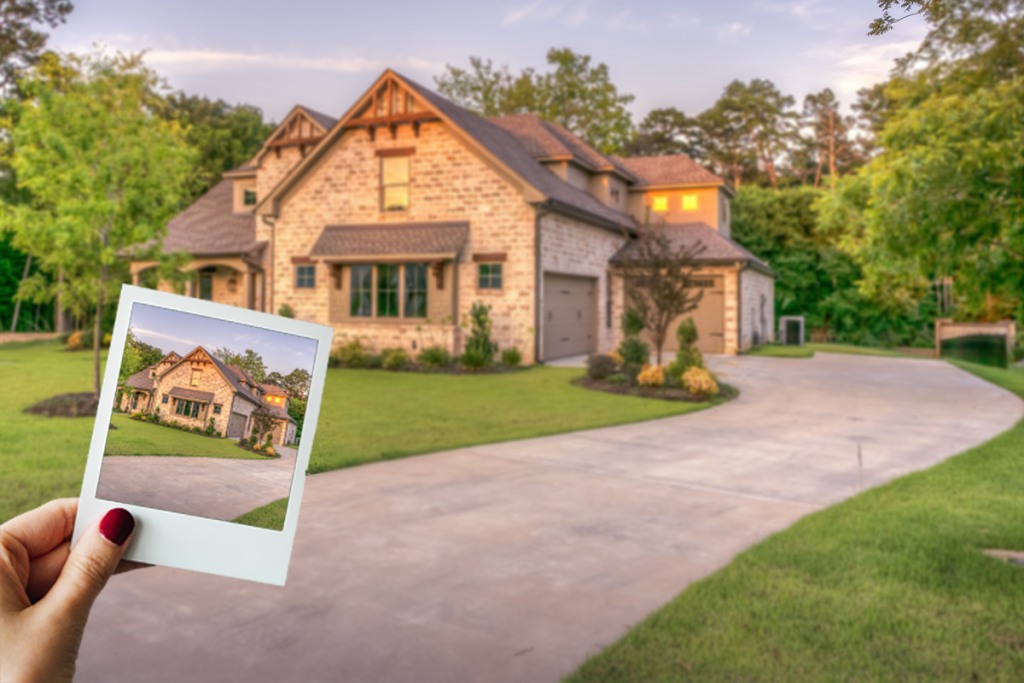
What Other Fees Can Be Included When You Sell a House?
You have to consider all aspects of your home’s appearance before you make any decisions about your home. Include the cost of landscaping and improvements, like mowing the lawn and painting the house. These costs will add up quickly, and you have to know what you are talking about when you are talking about these costs. Also include the cost of real estate fees, which can often be expensive if you have not saved up enough money on your mortgage balance to cover them. Your closing costs, which include appraisals, insurance, and title insurance, will also need to be considered.
What Are Closing Costs?
Closing costs are the portion of a sale that is subtracted from the final sale price in order to pay for realtor fees, property taxes, and other miscellaneous items that sellers usually include in the purchase price. Closing costs can vary greatly depending on the type of property in question, as well as the market for properties in the area. Also, the size of the property can affect the amount that is paid out in closing costs.
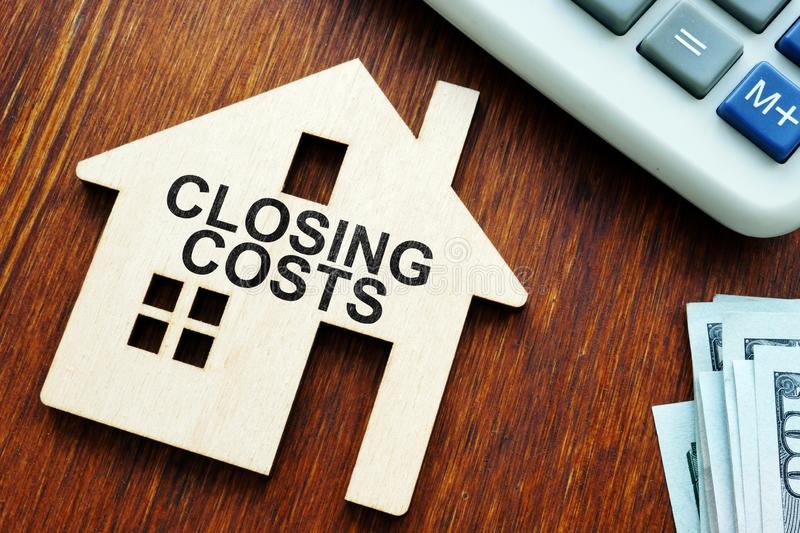
Conclusion
The cost of buying a property can be very difficult to determine without a clear picture of all of the costs that are associated with taking possession of the property and transferring ownership. When you decide to put your house on the market you will need to understand how much it will cost to raise the asking price, how much it will cost to list the property on the MLS listing, and how much it will cost to perform the various tasks associated with selling a property. Once you have a clear picture of these costs, you will be in a better position to negotiate a realistic price with your realtor.
